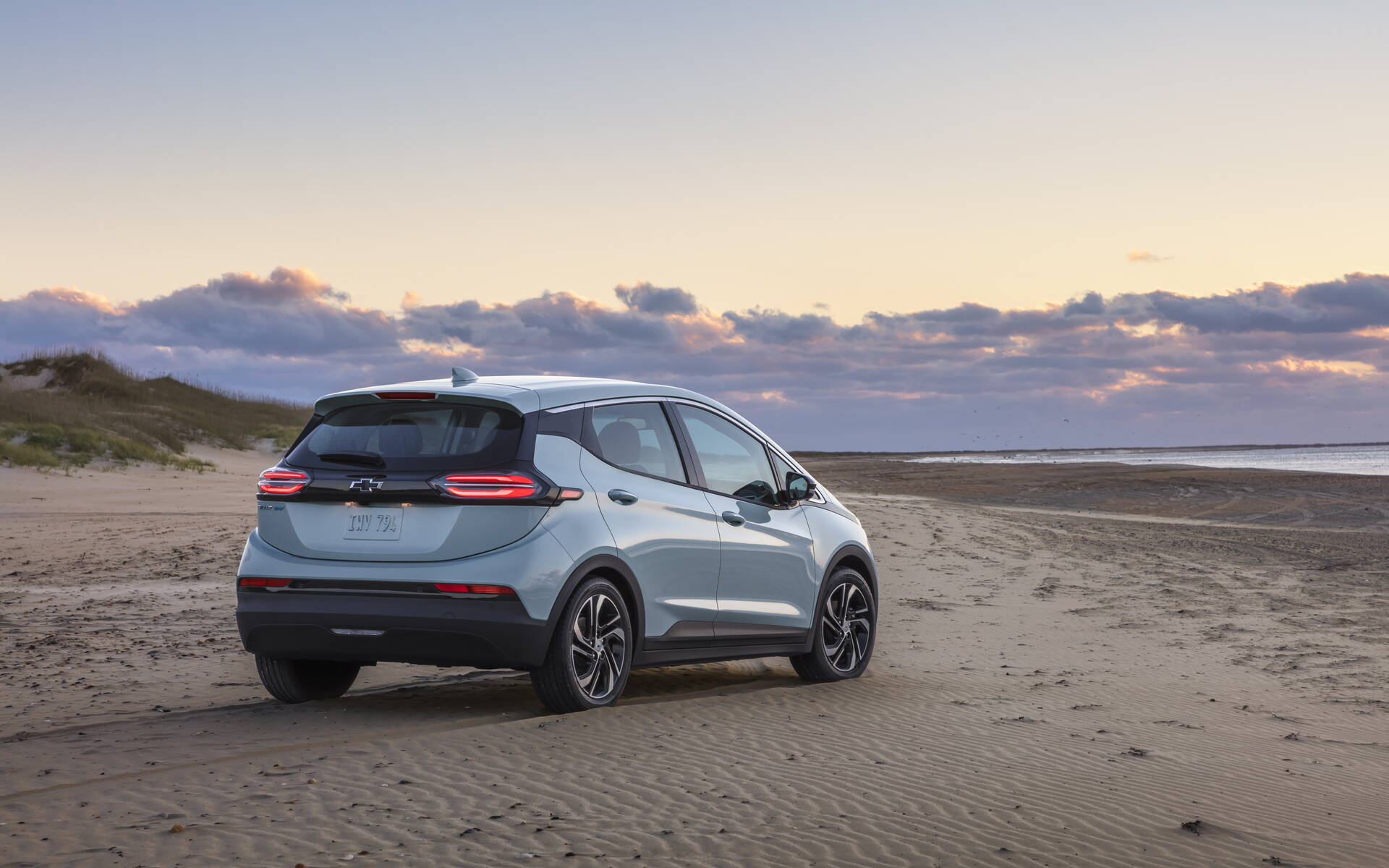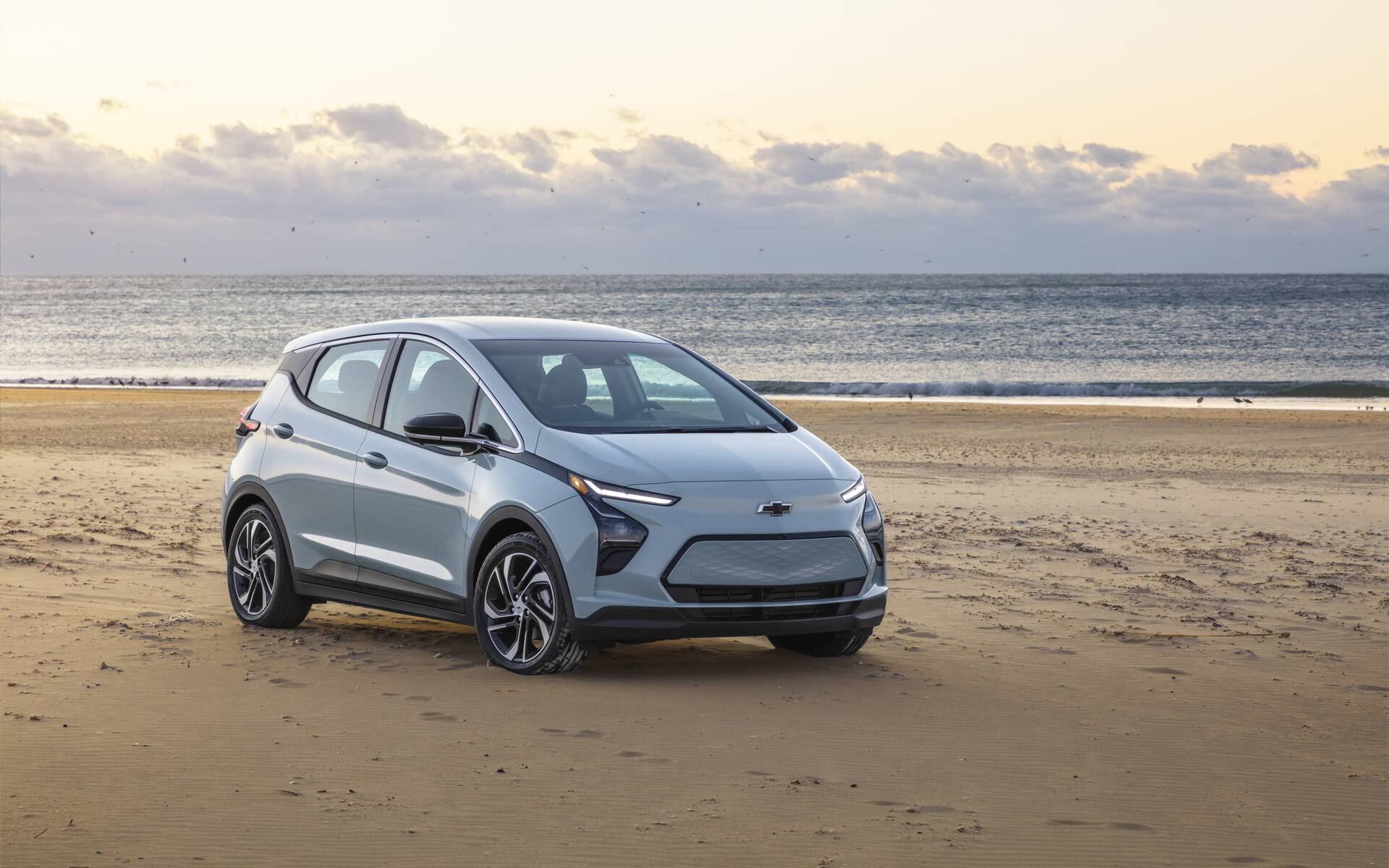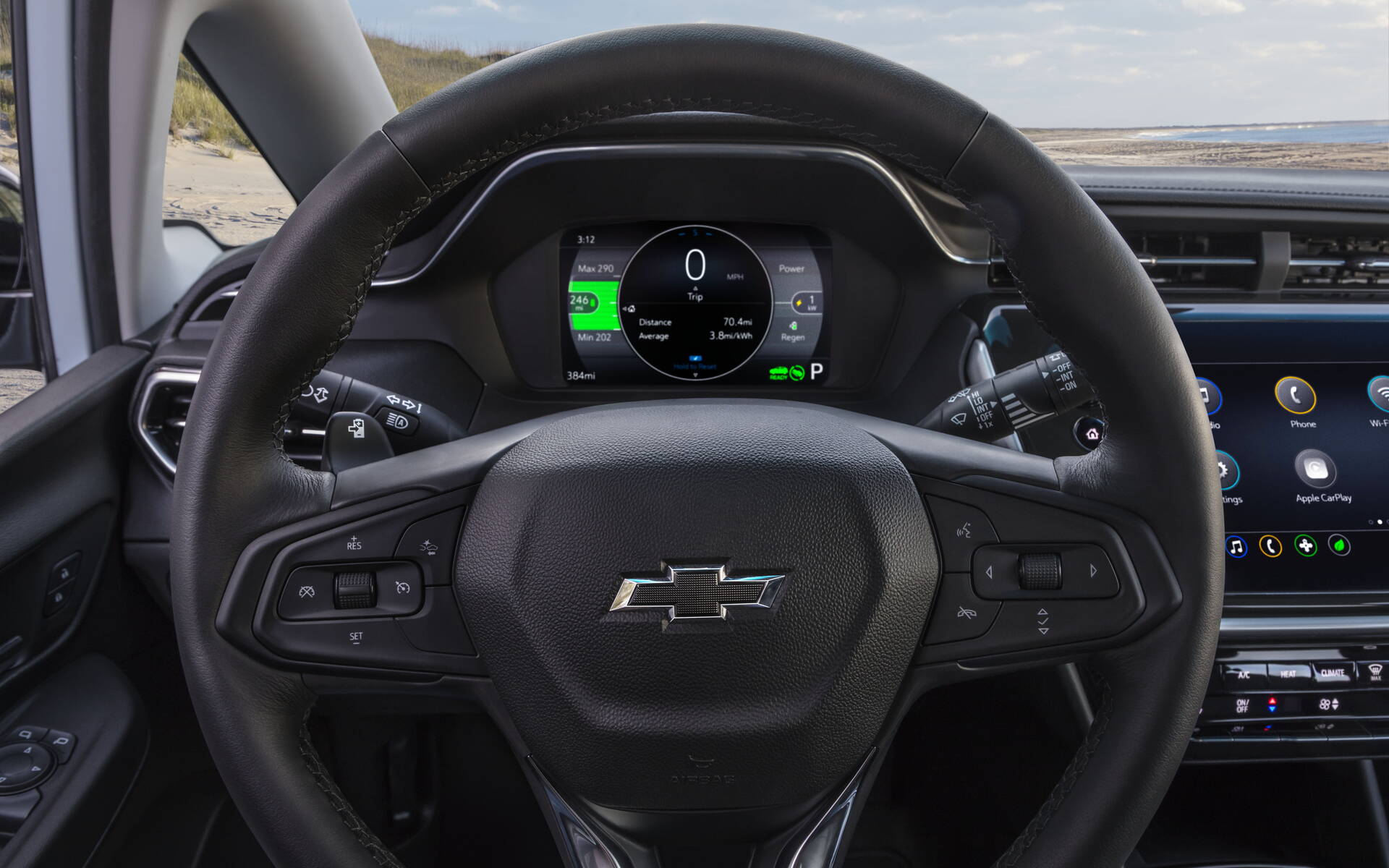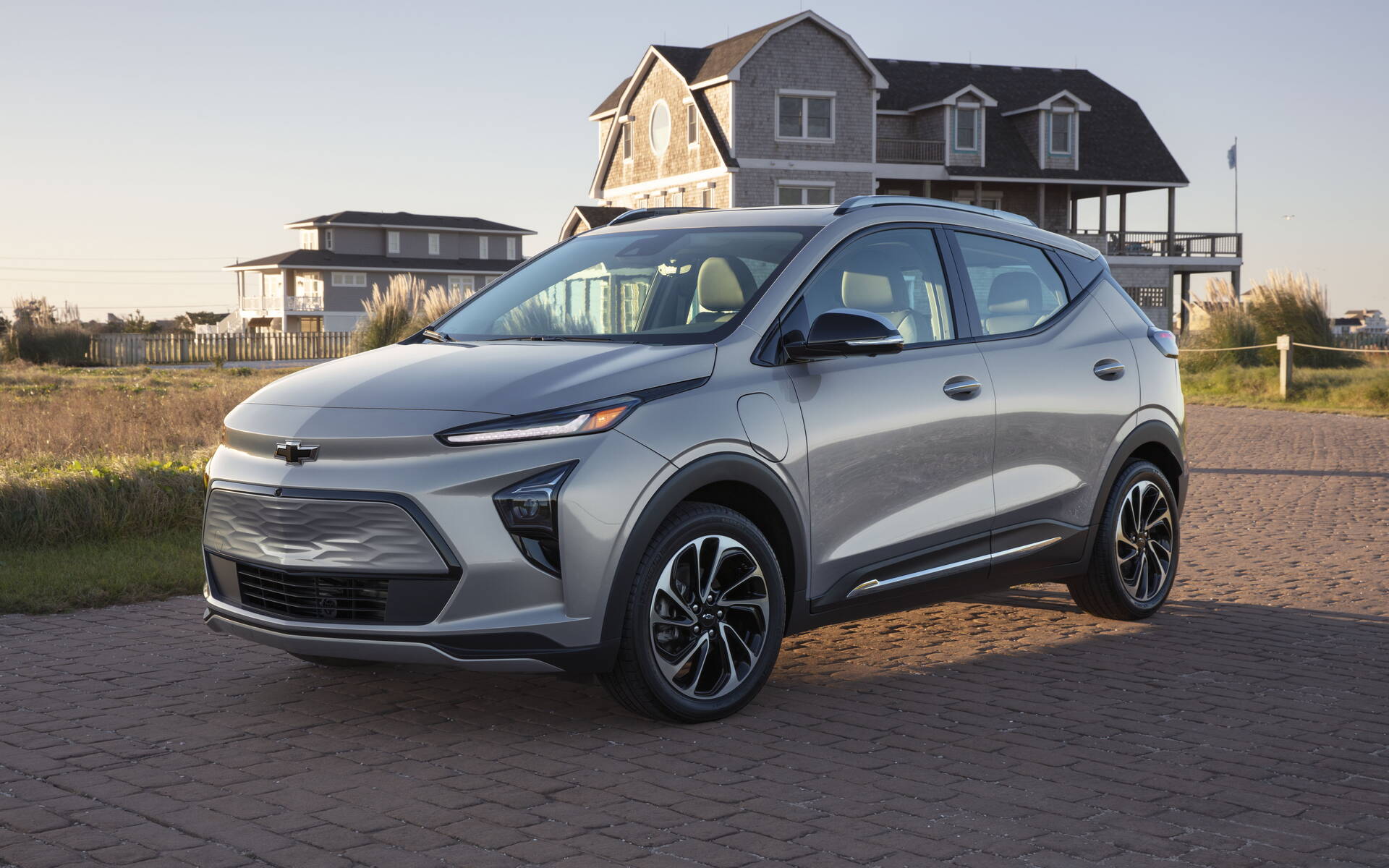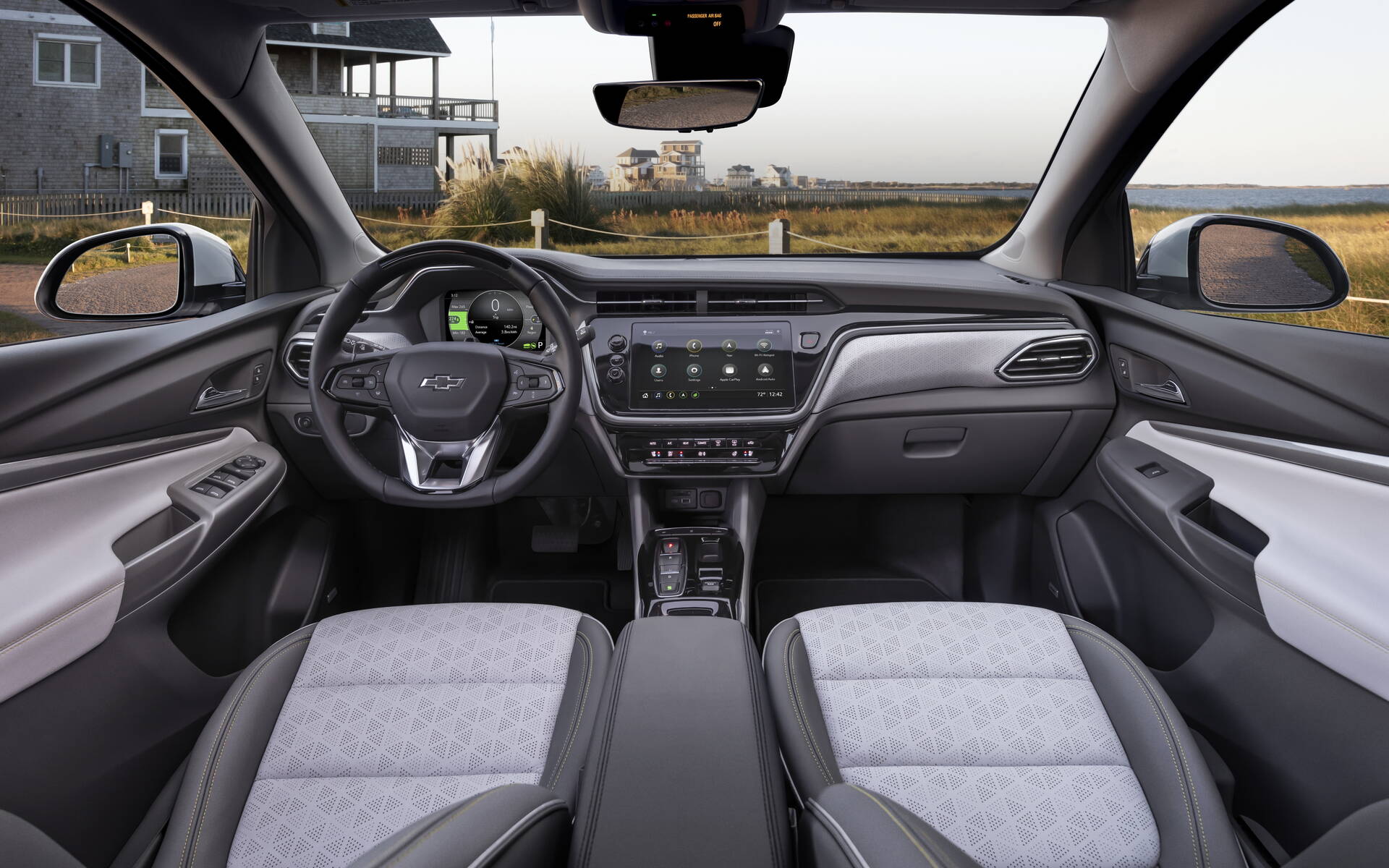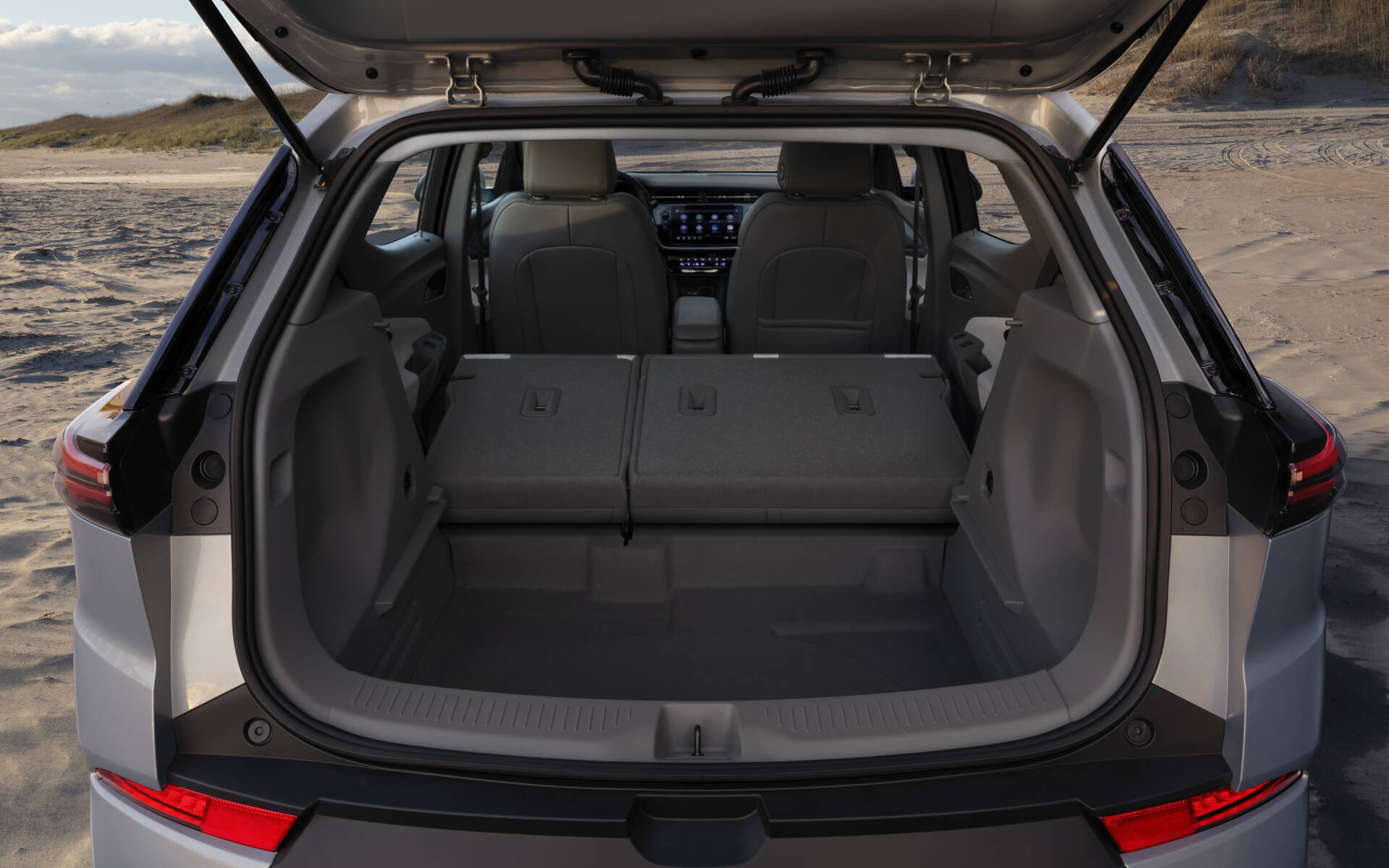R.I.P. Bolt EV: How Will Chevy’s Small Electric Hatchback Be Remembered?
The news came as a shock to many people: General Motors will end production of the Chevrolet Bolt EV and Bolt EUV this fall and instead focus on the all-new Chevrolet Equinox EV, the deliveries of which are scheduled to start at around the same time.
It’s the end of a short but memorable career for the automaker’s two most affordable electric vehicles. But how will we remember them?
In a strategic company shift toward full electrification, GM introduced the Bolt EV for the 2017 model year as a replacement for the Volt, a plug-in hybrid sedan. Unlike many of today’s larger-than-life and expensive new models (we’re looking at you, GMC Hummer EV), this zero-emission hatchback came in a pint size and with a base price under $45,000.
Not only that, but here was a fun-to-drive EV with 200 horsepower and 266 lb-ft. of torque, as well as 383 km or 417 km of maximum range depending on the model year. The Bolt EV aimed to go beyond the confines of the city and cure range anxiety in the process.
Several owners and potential buyers have complained about the long charging times and the lack of space and comfort inside the car. GM attempted to address some of these issues with a 2022 refresh that included redesigned seats along with a slightly roomier and better equipped Bolt EUV variant.
Notoriously, problems with the high-voltage battery supplied by LG led to multiple Bolt EV fires in Canada and the U.S. in the early years. Among other things, the battery was prone to overheating when charged to over 90 percent. A first recall was announced in 2020, affecting approximately 60,000 MY2017-2019 units. Out of precaution, GM decided a year later to expand the recall to all MY2017-2022 Bolt EVs and Bolt EUVs built at that point, which meant more than 140,000 units in North America.
Replacing the potentially faulty batteries proved to be a long and frustrating affair for customers. Poor communication and transparency from the automaker was also blamed in the class action lawsuit that was approved in Quebec earlier this year.
Since the Bolt EV and Bolt EUV are not based on the new Ultium platform supporting GM’s next-generation electric vehicles, they were essentially living on borrowed time. In fact, the Orion assembly plant near Detroit is currently being retooled to build electric pickups including the Chevrolet Silverado EV and GMC Sierra EV starting in 2024.
And so, after being voted as a Best Buy in its segment by The Car Guide for 2022 and 2023, the Bolt EV will soon pass the torch to the Equinox EV, which will be similarly priced in base trim. This crossover offers more space, more power (up to 290 hp), longer range (up to an estimated 480 km), more technology and faster charging (10 minutes at a 150kW DC charger can restore 112 km of range). Let’s not forget the AWD option, something that is missing with the two hatchbacks.
Of course, not everyone wants or needs a crossover. Expect the Bolt EV and Bolt EUV to remain alive and well in the used car market for many years to come.
